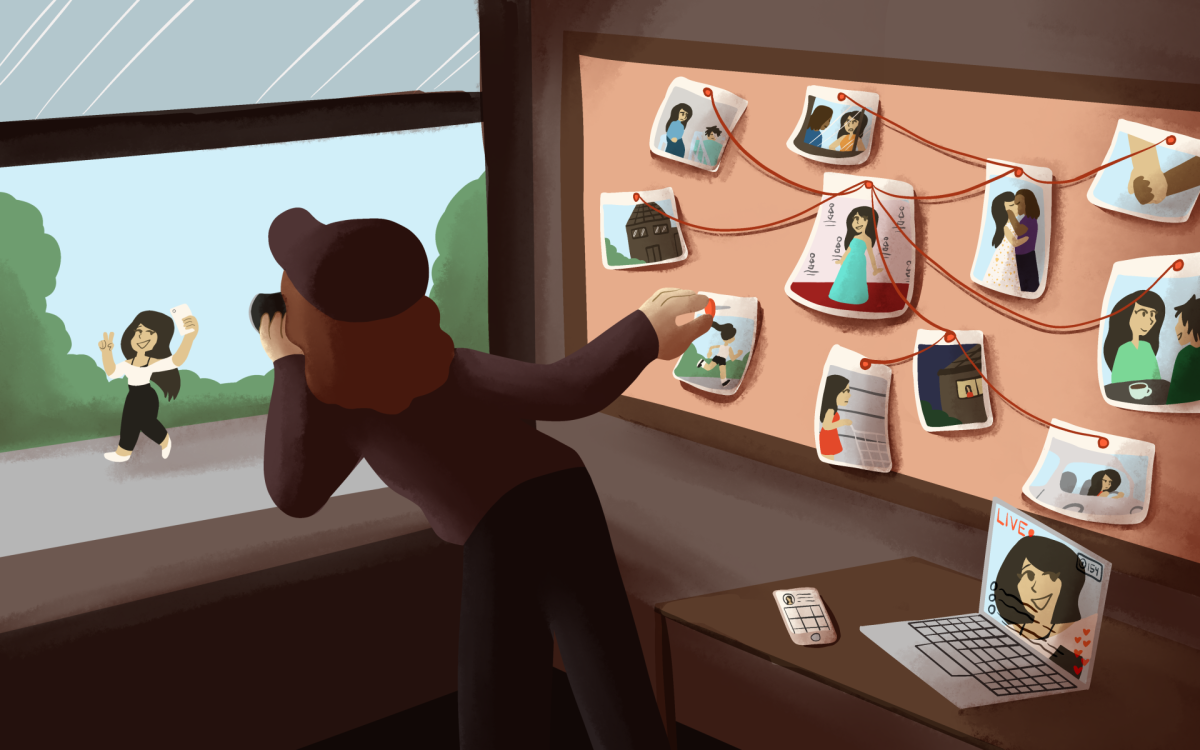Obesity has become a huge issue across the world and is a major problem in many countries. For Samoa Air, however, obesity is a chance to cash in.
In a highly controversial move announced April 3, the American Samoa-based airline announced that they would be charging passengers based on their weight.
The price model, dubbed “the fat tax” in the United States, charges passengers up to 57 cents per 2.2 pounds for a domestic flight and up to $1.03 per 2.2 pounds for international flights, in addition to the fees associated with luggage.
The bold plan caught the attention of Americans, more than two-thirds of whom are overweight. An average of 1.73 million passengers flew domestically every day per year in 2010, according to the Bureau of Transportation Statistics.
“I think it is an excessive invasion of privacy,” said A.J. Sadler, a sophomore at DePaul. “If you’re an airline you need to be able to serve all of your customers. If you can’t, then you shouldn’t be in the business. They charge enough for just checking a bag, they can’t start discriminating based on weight.”
The carrying weight of the propeller plane is what Samoa Air uses to defend their pricing on their official website.
Matthew Prichard, reporter for Fox news in Albany, Ga., who frequently flies between Georgia and California, argues that the passengers’ weight does not significantly affect the amount of fuel needed to fly the plane.
“If something that weighs a couple tons can get up into the air, I doubt a person that weights 200 pounds will really do much,” he said.
Another defense for this system is that it would encourage people who are too big to fit into their seats to buy a second seat and create a more enjoyable experience for other fliers. DePaul sophomore Dana Hetrick agrees that it would uncramp the airplane cabin but she also thinks they aren’t the only ones making the experience painful.
“If obese passengers have to pay more because they are affecting the experience of other passengers, then parents with small children, alcoholics and people who are ill with some type of airborne sickness should also have to pay extra,” said Hetrick.
As for the chances of this being adopted in America, Hetrick also said that this airline rule might not fly in the United States because many would question the constitutionality of weight discrimination. Prichard also thought that this would result in an overcrowding in courts of law based on the number of lawsuits that Americans would file.
This fear of implementation of this system in the United States shows exactly what is wrong with this country. Skinny people are glad that overweight individuals are being punished for their weight, while overweight people feel like the rest of the world is against them-there shouldn’t be a price to pay for what you weigh.







